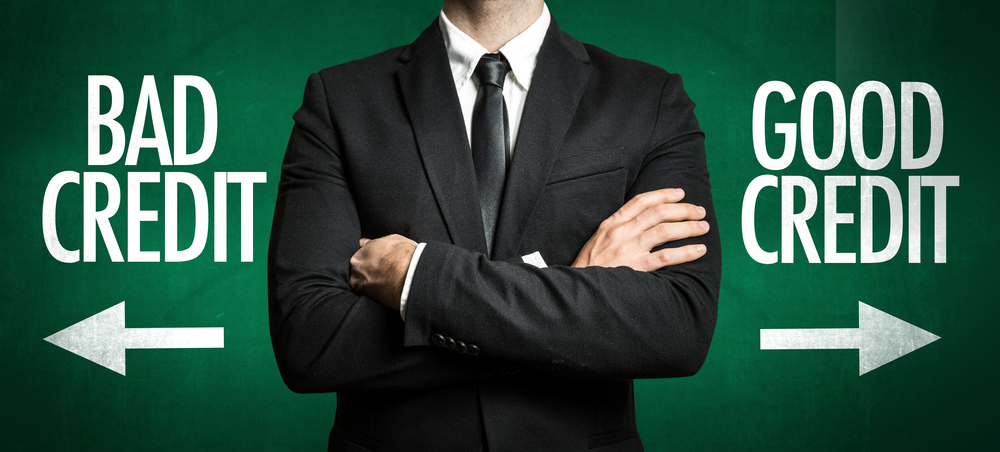
Business Credit Score – Why does it Matter for your Business?
You are certainly aware of the personal credit score. Top credit bureaus like Experian, Transunion, and Equifax rate your personal creditworthiness. The most widely used personal credit score rating is the FICO score. Similarly, the credit bureaus rate your business creditworthiness. Unlike personal credit score, it is rated on a scale of 1-100.
How Business Credit Score is Determined:
Top three credit bureaus calculate and report business credit scores with slightly different score indicators. Overall, a financially stable business will score better, just like your personal credit score.
- Duns and Bradstreet Business Credit Scores:
Duns and Bradstreet issues business credit scores with different indicators.
- PAYDEX Score: It indicates your business payment ability to the vendors and suppliers on a scale of 1 to 100. Making early and on-time payments improve your PAYDEX score.
- Delinquency Score: It indicates the likelihood of your business filing for legal protection against business failure. In simpler terms the chances your business can file the bankruptcy in the next 12 months. It ranges from 101-670.
- Financial Stress Score: as the name suggests, it forecasts the business financial payment history and financial stress for the next 12 months. It ranges from 1001-1875.
- Experian Business Credit Scores:
Experian calculates the business credit score counting several factors. Its business credit score indicates an overall business profile ranging from 0-100.
Some important factors that Experian included in your Business Credit Score:
- Credit information from your business suppliers and vendors. Including the payment history and collection information.
- Any type of legal filing with local, state, or federal courts against your business
- Independent information on your business from public records, state filing offices, and even the marketing information.
Experian’s business credit score includes comprehensive business data points that contribute to the total score.
- Equifax Business Scores:
Equifax calculates and indicates the business score on a similar scale to that of Duns’ score. It indicates a Payment Index score on your business payment abilities for the next 12 months. PI score can range from 1-100.
Equifax also issues Delinquency and Business Failure scores for your business. Calculating the risks arising for your business to go bankrupt and file for legal protection against payment failures.
What is a Good Business Credit Score?
The most widely used PAYDEX score ranging from a scale of 1-100 is explained by Duns and Bradstreet as:
| PAYDEX Score Range | Indicator |
| 100 | Payment ability 30 days earlier than terms |
| 90 | Payment ability 20 days earlier than terms |
| 80 | Payment ability on time as terms |
| 70 | Payment ability 15 days delayed after terms |
| 60 | Payment ability 22 days delayed after terms |
| 50 | Payment ability 30 days delayed after terms |
| 40 | Payment ability 60 days delayed after terms |
| 30 | Payment ability 90 days delayed after terms |
| 20 | Payment ability 120 days delayed after terms |
| 0-20 | Payment ability beyond 120 days delayed after terms |
Experian’s Business Credit score ranges the total business risk from 1-100. A higher score indicates a lower business risk.
Similarly, Equifax and Duns both classify business as a risk class on a scale of 1-5 overall. A risk class of 1 means lower business risk, a scale of 5 means highly risky business financial stability.
Why Business Credit Score Matters?
The foremost need for your business credit score is to show the creditworthiness of your business. It affects your business loan terms with lenders and creditors. It can protect your personal credit score and personal financial integrity.
Here are a few key points to consider:
- Business Credit Scores profile your business creditworthiness to the lenders when you apply for business financing.
- A higher business credit score improves your borrowing powers that lower the costs such as interest rates.
- In case of default, your personal pledge of collateral is protected. It’s vital to spate personal and business credit scores.
- Suppliers and vendors also evaluate business credit scores that can affect your payment terms and rates.
- Investors, lenders, and insurance companies alike rate your business creditworthiness on business credit scores.
How to Improve the Business Credit Score:
Building and improving business credit score takes time and consistent efforts. Your business payment history affects largely the total business credit score. Just like the personal credit score, a higher business credit score is desirable. Lenders look at different credit score indicators.
Take a consistent and step-by-step approach to improve your business credit score:
- Check your business credit score with credit bureaus. You can access free business credit score check with services like NAV.
- Make sure your business is legally registered and has an entity form
- Register your business with IRS and get an EIN, preferably attain a DUNS number by registering with Duns and Bradstreet.
- Establish your business credit by applying for business cards
- Identify and make terms with registered vendors and suppliers
- Establish the payment history by recording and making payments on time, preferably make payments earlier than due dates
- Monitor your business credit score and regularly take steps to improve the score
Mistakes to Avoid Hurting Your Business Credit Score:
Business owners make some common mistakes that can hurt their business credit score. Avoid these mistakes to improve your business credit score:
- Not registering or incorporating the business status
- Working with vendors and suppliers without a business credit score
- Consistently late payments to suppliers
- Late payments on business loans, business credit cards, etc.
- Applying for too many business loans resulting in several hard inquiries
- Misrepresented marks or missed information on payments on the credit report
